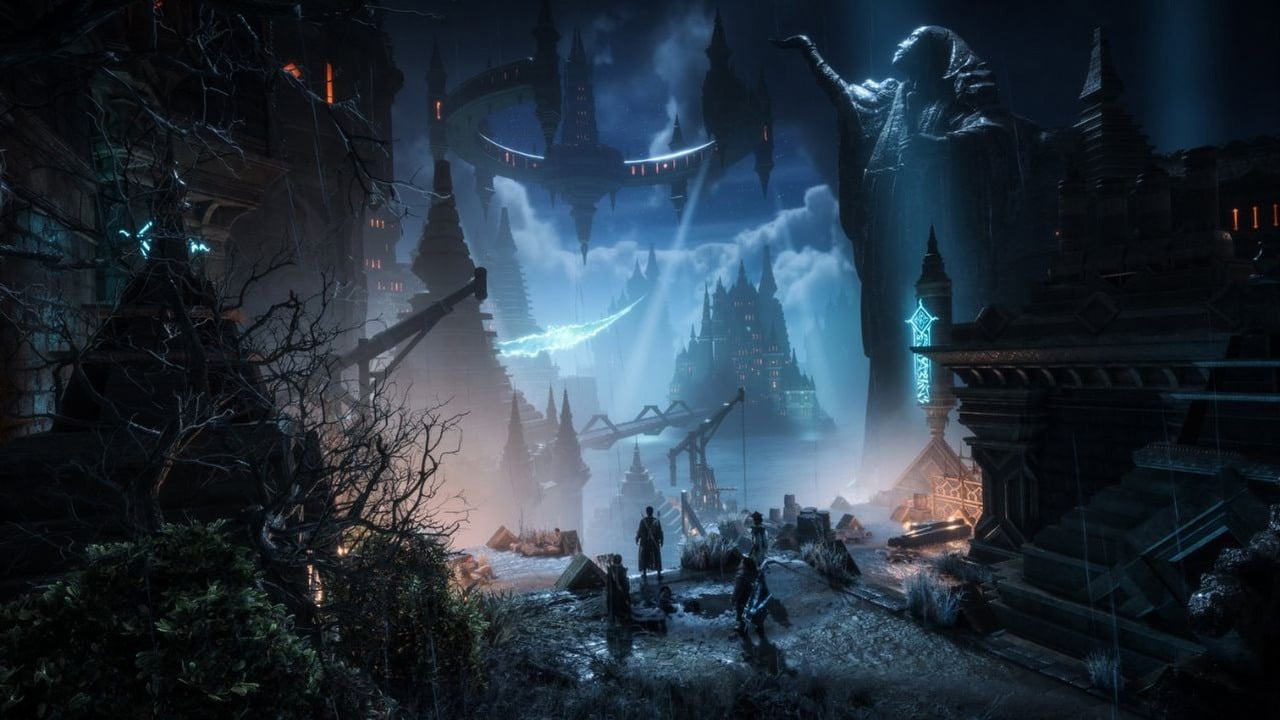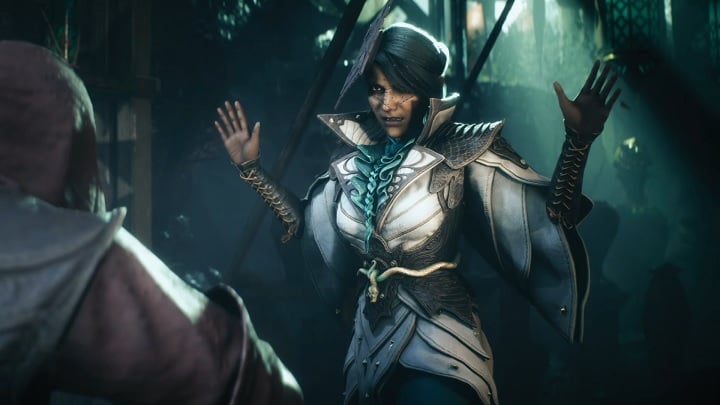Dragon Age Veilguard Not Worth Playing Second Time? Players Begin to Notice That Game Offers Illusion of Choices
For another BioWare game, The Veilguard hasn't lived up to RPG expectations. Fans have increasingly criticized the shallow story consequences.

WARNING: THE TEXT CONTAINS SPOILERS FROM DRAGON AGE: THE VEILGUARD
Dragon Age: Veilguard has its fans and critics, although even the first group points out the plot's shortcomings. Changes in gameplay and time constraints meant that not as many choices were carried over to the fourth installment as BioWare could have previously expected. Additionally, the fate of southern Thedas came under fire for being primed for a retcon, in which previous decisions no longer mattered.
The future of the series is not being defended in any of this. The Veilguard doesn't offer much replay value, mainly due to the illusion of choice straight from Telltale titles.
"This game has been incredibly shallow from the start"
The author of the extensive post is user geckohell, who criticized the illusion described above, which becomes more and more noticeable the second time you play the RPG. The Veilguard, like previous installments in the series, is full of choices that by default have consequences later in the story – at least seemingly. In fact, there aren't any results, even after moving a simple chair.
The player describes the problem using the example of choosing between Minratus and Treviso. In the first act, we still have to decide which city to save from the dragon attack. As a result of this decision, the abandoned location will be defiled, and the companion coming from it (Neve or Lucanis) will be "hardened" and temporarily have a negative attitude toward the protagonist.

In his first playthrough, geckohell saved Treviso and was initially fascinated by how Neve had changed. The second save revealed that the sorceress's plot and the city look the same after saving the Tevinter capital. This is, of course, just one example.
Around almost every corner is a situation that I was waiting to hear different dialogue, pick different choices, and it just never comes. I played an elf on my first run, and during the Steven Universe climax to Harding's quest, she says something to the effect of "You broke us." And similarly to Neve, I thought that it hinted at some deeper thing with my Rook having been an elf. When I got through that quest on my second playthrough, why did she say the exact same thing? How did I do that? I'm a dwarf too.
While not all commentators support the author's approach, The Veilguard doesn't place as much importance on choices as previous installments. Examples include the second installment and Inquisition, which features the classic conflict between mages and templars. Even though the ending always unfolds in the same way, the path to it varies depending on the decisions made.
Additionally, particular Rook origins have more content than others. As one fan argues, we receive the most new content as the Grey Warden, especially in the context of the ending of the first act and the Plague theme. We cannot say the same about the Lords of Fortune, who have little influence on the dialogue paths of the main character.
The issue of the illusion of choices in The Veilguard was also raised by the YouTuber Big Dan Gaming, using the example of the First Warden. The player has the option to persuade the faction leader to cooperate or to knock him out and lead the troops into battle independently during the defense of the Weisshaupt fortress. Regardless of our decision, the First Warden still ends up in a corrupted version of the castle we visit for Davrin's quest.
It has already been a month since the release of The Veilguard, so the bubble of excitement is slowly subsiding. What do you think? Does the fourth installment really lack more consequences of choices? Maybe it doesn't differ too much from previous BioWare games?
- Players are turning Cyberpunk 2077 into a life sim, so now you may face not only Arasaka, but also eviction
- „Thank God we have Battlefield.” After Black Ops 7 graphics leak, even Call of Duty fans say it looks like mobile
- After six months of playing the game, the actor from Kingdom Come 2 finally romanced himself
0

Author: Alexandra Sokol
She joined Gamepressure in the summer of 2023. Talks about games and events from their world. A graduate of English philology, who was able to dedicate her entire scientific work to the character of Commander Shepard from the Mass Effect series. She has experience in working on audiovisual translations, and currently combines her job as an English teacher with her passion, which is writing. Privately a bookworm, mother of two cats, and a fervent fan of Dragon Age and Cyberpunk 2077, who has spent half her life on the fandom side of the Internet.
Latest News
- End of remote work and 60 hours a week. Demo of Naughty Dog's new game was born amid a crunch atmosphere
- She's the new Lara Croft, but she still lives in fear. Trauma after Perfect Dark changed the actress' approach to the industry
- „A lot has become lost in translation.” Swen Vincke suggests that the scandal surrounding Divinity is a big misunderstanding
- Stuck in development limbo for years, ARK 2 is now planned for 2028
- Few people know about it, but it's an RPG mixing Dark Souls and NieR that has received excellent reviews on Steam, and its first DLC will be released soon

